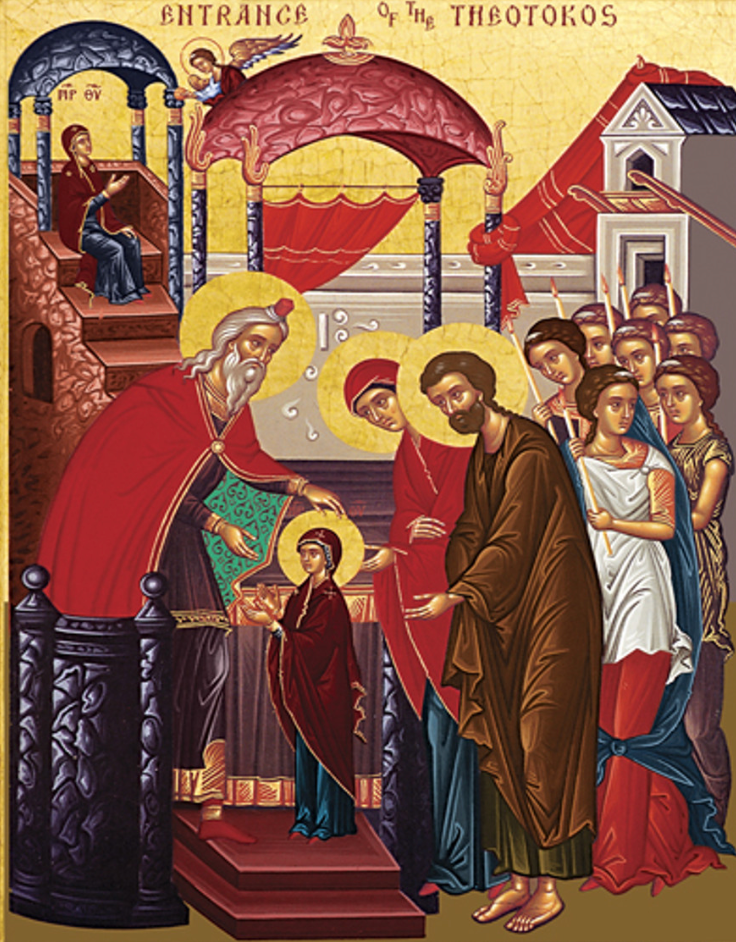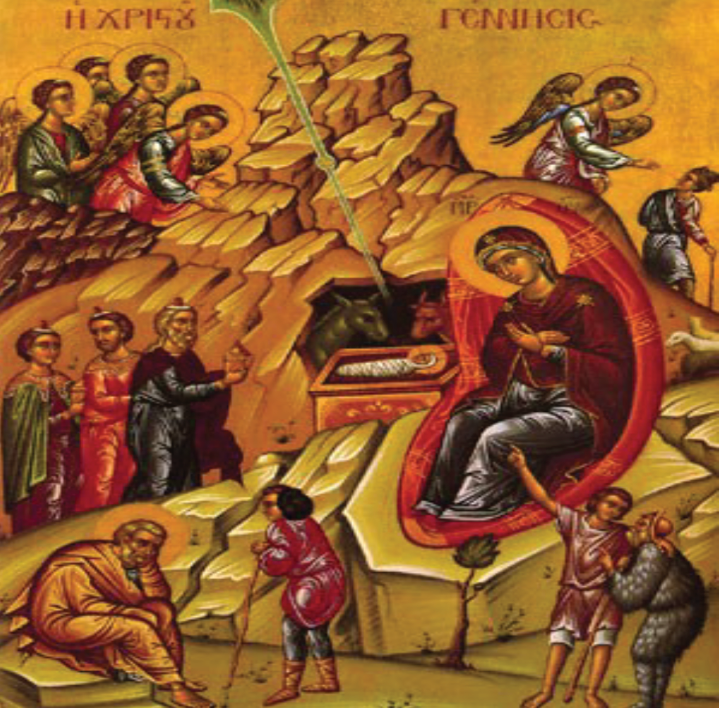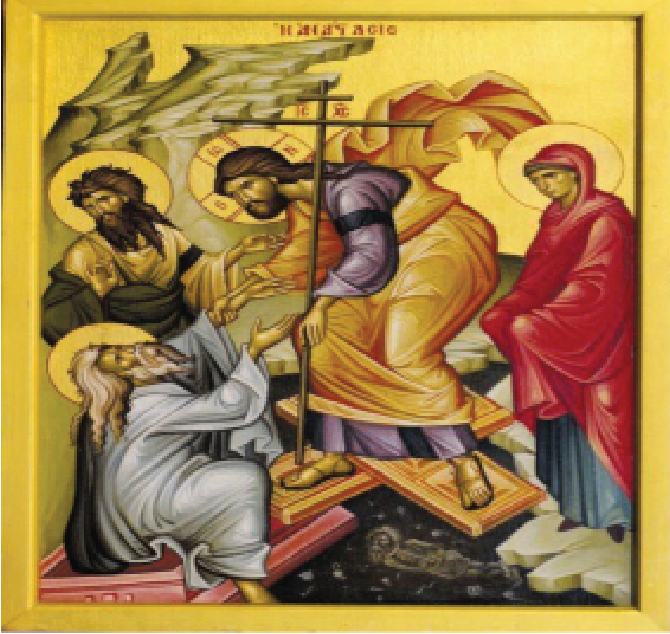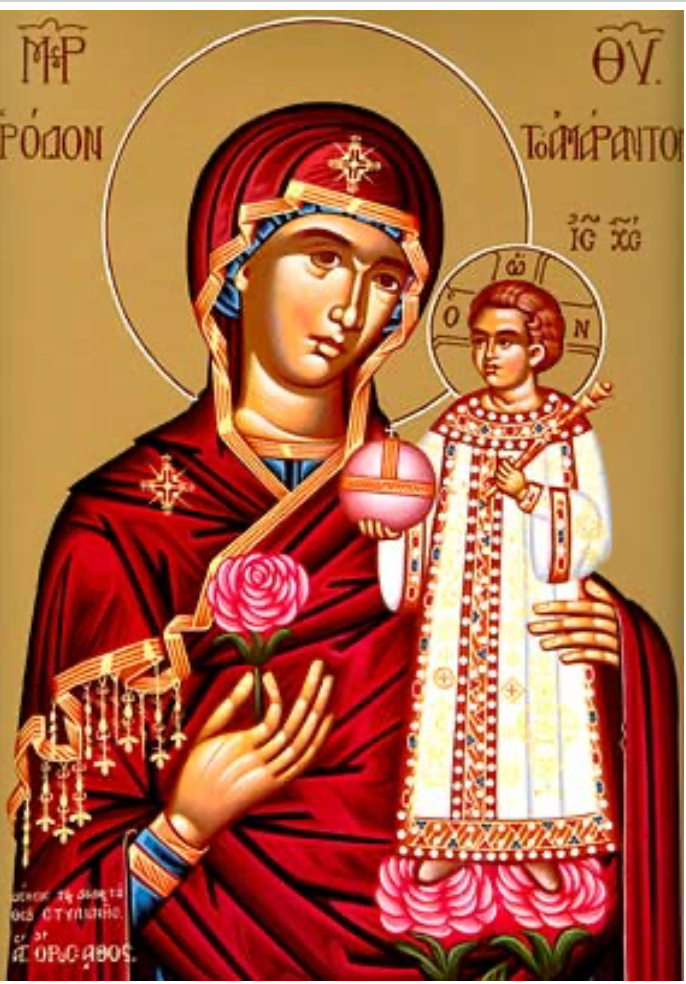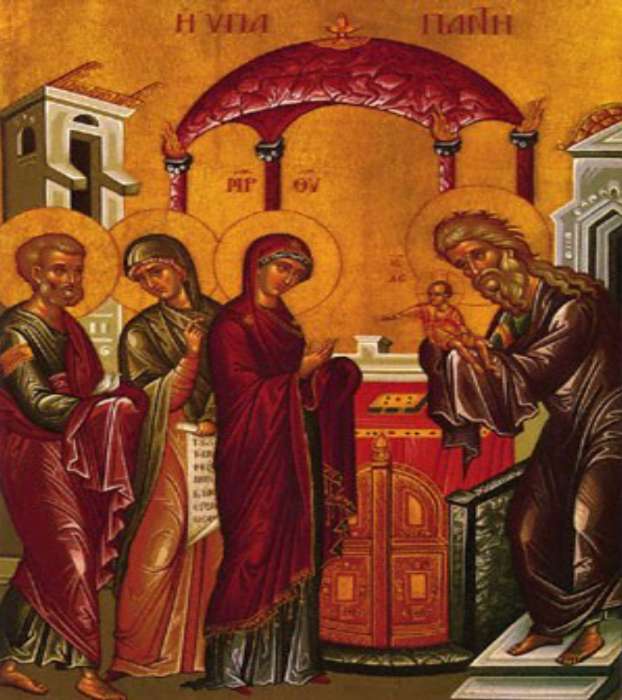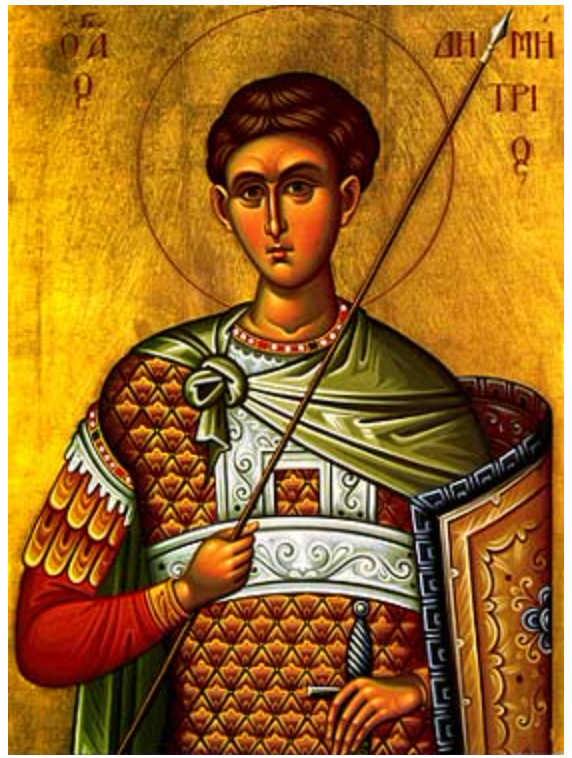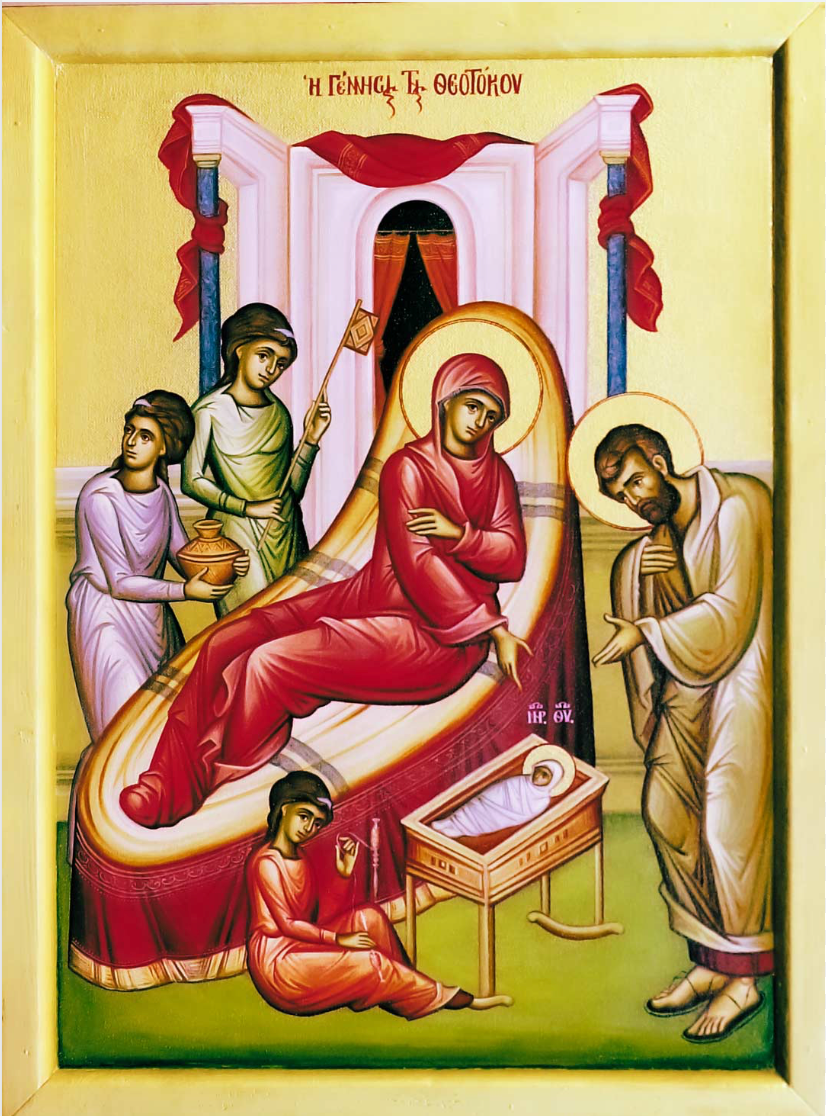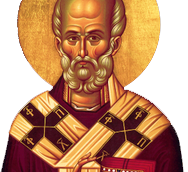Meaning Of The Elevation Or Exaltation Of The Holy Cross
In the liturgical observances of Good Friday the Church views the Crucifixion
within its original setting, as an event in the first Holy Week at Jerusalem. At the feast of the Exaltation, by contrast, the Cross is regard rather in its effects upon the subsequent history of the Church. On Good Friday the note is predominantly—though never exclusively—on e of sorrow and mourning; on September 14 the Cross is commemorated in a spirit of triumph, as a ‘weapon of peace and unconquerable ensign of victory’ (kontakion of the feast.)
The services for the day allude in particular to four themes:
(a) There are constant references to the vision of the Cross seen by the Emperor
Constantine in the year 312, shortly before his victory over Maxentius.
(b) The feast of the Exaltation recalls more especially the finding of the True Cross by Constantine’s mother, St. Helen. As the news of the discovery spread through the Holy City, Vast crowds gathered to venerate the Cross of the Lord. The Patriarch of Jerusalem, St. Makarios, carried it up into the pulpit: and when the people saw it lifted on high, they all began to cry out, again and again, Kyrie eleison, ‘Lord, have mercy’—an event recalled in the service of the day, with the frequent repetition of Kyries at the ceremony of Exaltation.
(c) The feast on September 14 also commemorates the second great Exaltation of the Cross, at Constantinople in 629. The True Cross had fallen into the hands of the Persians in 614, when they captured the Holy City of Jerusalem. It was subsequently recovered by the Emperor Heraclius and brought to the capital, Constantinople, where it was triumphantly exalted in the Great Church of Agia Sophia.
(d) Finally, there are allusions to an event which is no more specifically commemorated on September 13: the Dedication of the Church of the Resurrection, built by Constantine on the site of the Holy Sepulchre and completed in 335.
In the title of the feast, the Exaltation is termed ‘univeral’. This is an essential element in the meaning of the festival: the power of the Cross extends to every part of the universe, and the salvation which it brings embraces the entire creation. That is why, in the ceremony of Exaltation, the priest turns turns in blessing towards each point of the compass: ‘The four ends of the earth, O Christ our God, are sanctifies today’ (troparion at the ceremony of Exaltation).
